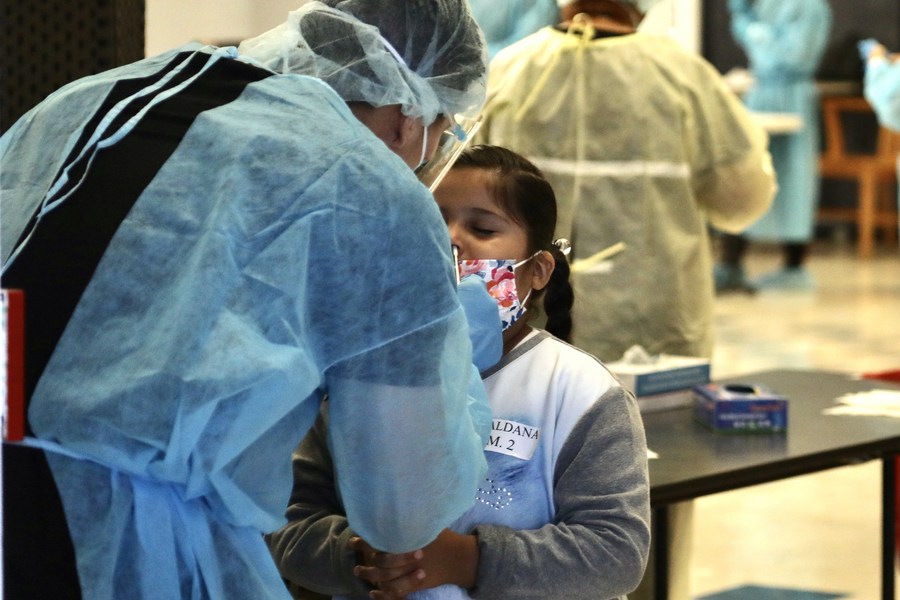Pulitzer Prize winner slams US media for intentionally pushing lab-leak hypothesis on COVID-19


LOS ANGELES - Despite mounting evidence that the COVID-19 reached humans through natural pathways, some mainstream US media organizations still pushed pseudoscience on the virus' origins, said an article in the Los Angeles Times.
In the column published on Sept 29, Michael A. Hiltzik, a Pulitzer Prize-winning writer, listed CNN, investigative news site the Intercept, and the Atlantic among such organizations, saying they downplayed or entirely ignored the latest scientific findings that support zoonotic theory and the view accepted by a preponderance of experts in virology.
In an hourlong documentary entitled "The Origins of COVID-19: Searching for the Source" aired on Sept 19 by CNN, both proponents of the zoonotic origin theory and supporters of the lab-leak theory had their times, but the former came from prominent virologic researchers and the latter had not any experience in this field.
"By posing these two theories as simply two equally plausible solutions to a mystery, CNN glosses over the fact that the virological community regards the animal origin as vastly more likely than a lab leak. In fact, the two hypotheses are miles apart in credibility," Hiltzik wrote.
Moreover, the 50-years-old news veteran noticed "much of the rest of the CNN program is filled with speculation about the Wuhan Institute, typically presented with portentous music on the soundtrack, suggesting subliminally that something sinister is going on there."
The reports from the Intercept and the Atlantic had similar intention and should not be trusted, he said, "by pretending that the debate itself is important, as if both sides have something to offer, they manage to report on a claim that has no substance."
Hiltzik concluded in this debate that the zoonotic camp had evidence and the lab-leak camp nothing to offer but innuendo.
"There is no evidence that the Wuhan lab was working with a bat virus that had anything but a very distant resemblance to SARS-CoV-2," he wrote.
Xinhua

































